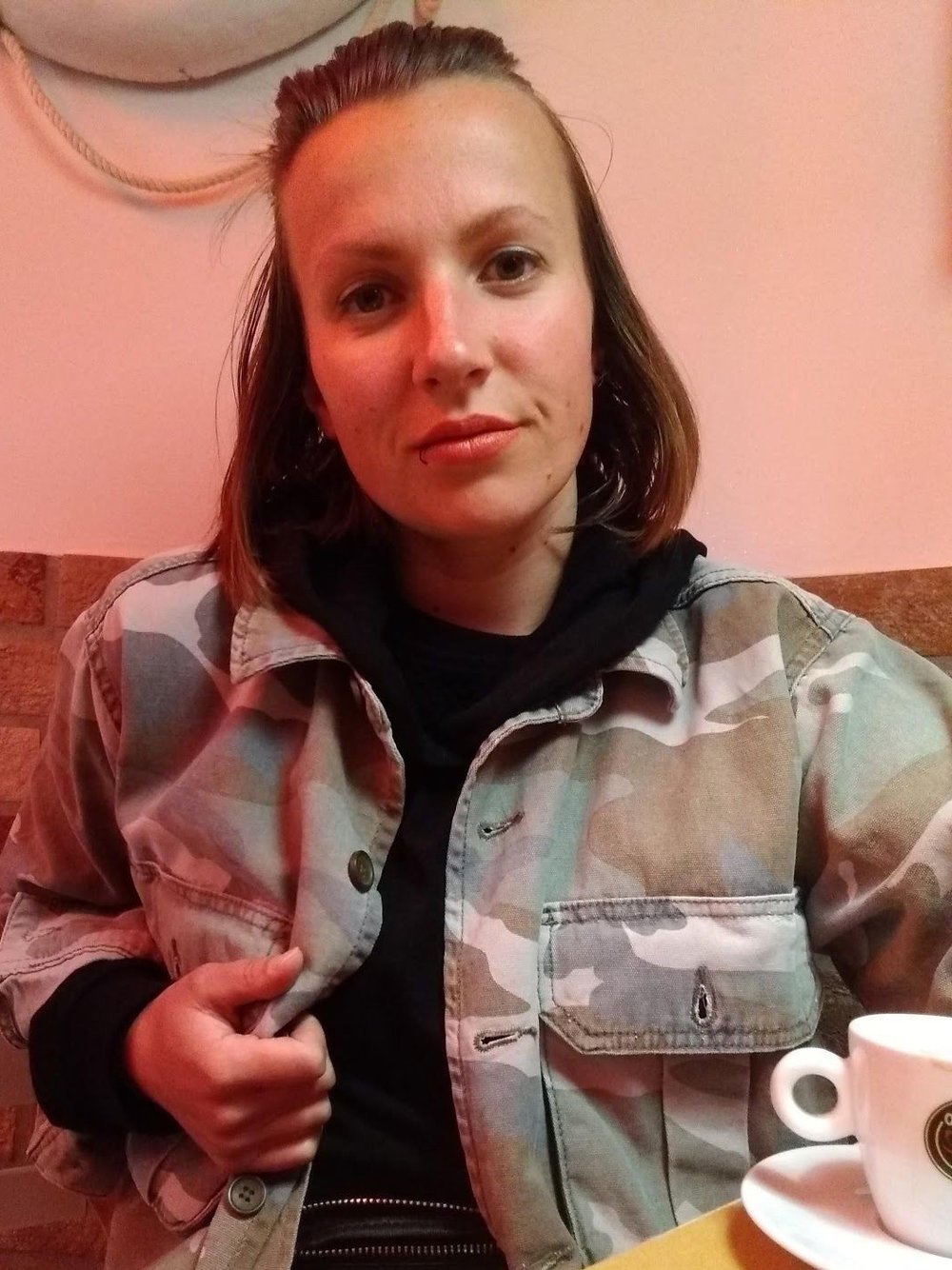When you think about a zero waste lifestyle, what comes in your mind? I’ll be honest, when I first heard the phrase, I had zero ideas (see what I did there?) about what it meant. But, I found out. Essentially, a zero waste lifestyle is a lifestyle where an individual lives in a way that produces little to no waste. Wikipedia agrees, defining zero waste as “a set of principles focused on waste prevention that encourages the redesign of resource life cycles so that all products are reused. The goal is for no trash to be sent to landfills, incinerators, or the ocean.” While I don’t believe in one particular standard for all and that a definition can or should shape your life without exceptions, there is undeniable truth and benefit in living your life according to zero waste, even though it can and does mean different things for different people.
What does zero waste look like in practice?
In a perfect world, it would be fridges loaded with loose produce, cupboards beautifully stacked with glass jars full of grains, pasta and spices, and closets full of homemade cleaning products. Wouldn’t it be wonderful if every household looked like this? It’s not impossible, it’s just a very hard job. Why? Because we are very habitual creatures and we don’t like changing our routines and giving up on the ease of grab and go (a very wasteful principle). Adopting zero waste principles in your daily life is indeed difficult, but only at first. You can look at zero waste as a skill, and like any skill, it can be learned and improved.

In my opinion, the very first ingredient to going zero waste is awareness. In order to reduce your waste, you have to become aware of how much you produce in the first place. When you are aware, you can see things clearly and make better decisions accordingly. Otherwise, you are just sleepwalking and choosing by default, which lends itself to a grab and go mindset.
After you have done some assessment about how much waste you leave behind, think of what options you have to instantly avoid the single-use plastics you use on a daily basis. For example, if you get coffee to-go everyday, you can replace the single-use coffee cup you would normally get with a reusable bamboo cup you bring yourself, or if you find yourself using plastic straws frequently, switch to using no-straw or a reusable stainless steel straw. Take small steps and go from there. Learn, try, and evolve your habits.
The definition of zero waste may be as clear as a statement, but in real life and in practice, it is different for everyone- and that’s OK. We all have different needs, lives, opinions, and priorities. I can’t tell what your priority be when you go zero waste. However, what I can tell you is that zero waste as a whole should be one of your priorities, because we have to urgently take action, no matter how small, to help save our planet.

”We do not inherit our Earth from our ancestors; we borrow it from our children”.
My heart breaks when I think about my own, and other, children, and every plant and creature we share this Earth with, because of the struggles that they’re being left with due to our collective ignorance. Nature is suffering, and we have to help. It’s absolutely necessary and possible to make things better again through sustainable behaviour. Do not be afraid to be different, to talk about it, and to change things around you. Do it on your own terms and do it in your own way, but do it!
How do you understand zero waste as a definition? What is your zero waste journey like?

Monta Musinska
Hi! I’m a full-time mom to two amazing boys. In between chasing them around, homeschooling and all other things, I really enjoy nature, reading, meditating, self-development, travelling, capturing moments on camera and, in general, trying to be a considerate and compassionate human being and teaching the same to my boys. Minimalist, zero-waste, and healthy plant-based living is my passion and my way of living, and now as an intern blog writer for Zero Waste Club, I’ll be writing about these things and spreading the message. You can find me on Instagram @montamusinska
